Procedural Information by Case Type
This page is intended to provide general information for some of the more frequent types of cases that come before the Court of Appeals, Division One. In addition to the information on the pages below, it may be beneficial to visit our Frequently Asked Questions page and/or our Glossary page.
|
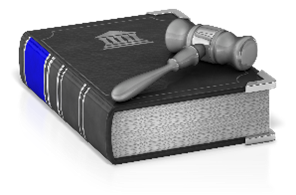
|
Civil Appeals
|
Civil appeals mostly originate from the superior court and include many types of cases such as family court matters, contract disputes, injury, eviction, wills, trusts, guardianships, conservatorships, orders of protection, and administrative actions.
|
|
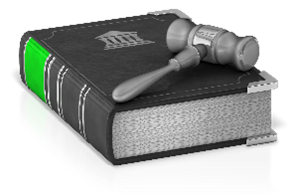
|
Criminal Appeals
|
Anyone convicted of a felony offense at trial in an Arizona Superior Court has the right to have their judgment of conviction and sentence reviewed by the Arizona Court of Appeals. A criminal defendant may also appeal directly to the Court from certain appealable orders issued by the Superior Court in their case. |
|

|
Post Conviction Relief
|
Criminal defendants who plead guilty typically waive the right to appeal, however they may—in limited circumstances—challenge the conviction or sentence in a post-conviction relief (“PCR”) proceeding. |
|
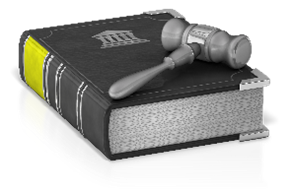
|
Juvenile Appeals
|
These proceedings include delinquency, incorrigibility, diversion, dependency, emancipation, in-home intervention, extended foster care, Title 8 guardianship, termination of parental rights, and adoption matters. |
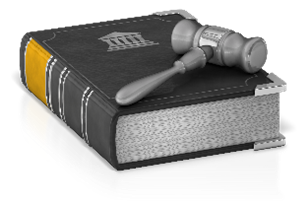 |
Special Actions
|
A special action is a proceeding in which the Court of Appeals reviews a challenged decision outside of a direct appeal: for example, before the case is final or when there is no statutory authority for appellate review. A special action replaces other forms of proceedings known by names such as “interlocutory appeal,” “writ of certiorari,” “writ of mandamus,” and “writ of prohibition.” |
|

|
Challenges to ADES Decisions
|
Unemployment and other benefits cases begin at the Arizona Department of Economic Security. After an Administrative Law Judge (ALJ) has made a decision, a party can file an application asking the Court of Appeals to review the decision. |
|
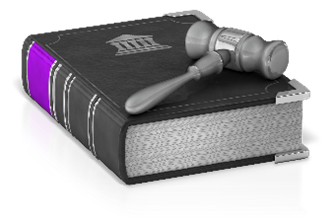
|
Industrial Commission
|
After a case has been heard by the Industrial Commission by an Administrative Law Judge (ALJ) and the ALJ has reviewed the evidence and rendered a Decision Upon Review, a party has 30 days to file a “Special Action-Industrial Commission” petition for review with the Court of Appeals |